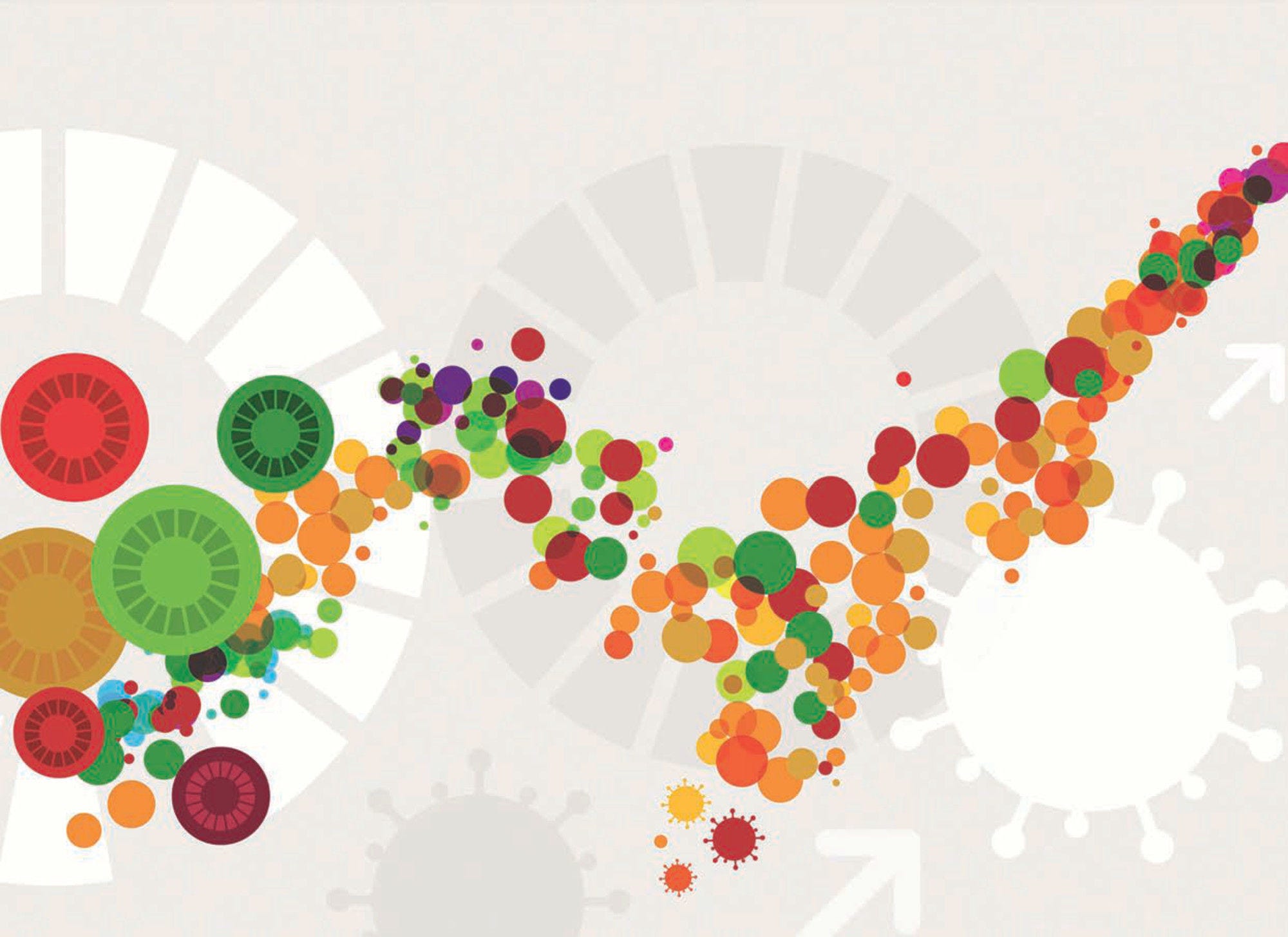Tackling the discriminatory social norms that drive gender inequalities and ensuring that women can equally benefit from Uganda’s development were twin objectives of this first in-depth country study of the OECD Social Institutions and Gender Index (SIGI). The SIGI is the first composite measure of gender equality that captures the root causes behind unequal outcomes for women. Uganda represents the first country where the index has been built and applied both nationally and at the sub-national level. Data and analysis presented in this report aim first and foremost to provide policy makers with tools and evidence to design more effective gender-responsive policies and interventions. The Uganda-SIGI results show how discrimination against women interacts with a variety of factors, such as rural/urban differences or education levels, to shape women’s development pathways. Over two years, qualitative studies, household surveys, national consultations and focus groups were conducted to produce the first data on social institutions across the 112 districts of Uganda.
Uganda SIGI Country Report







